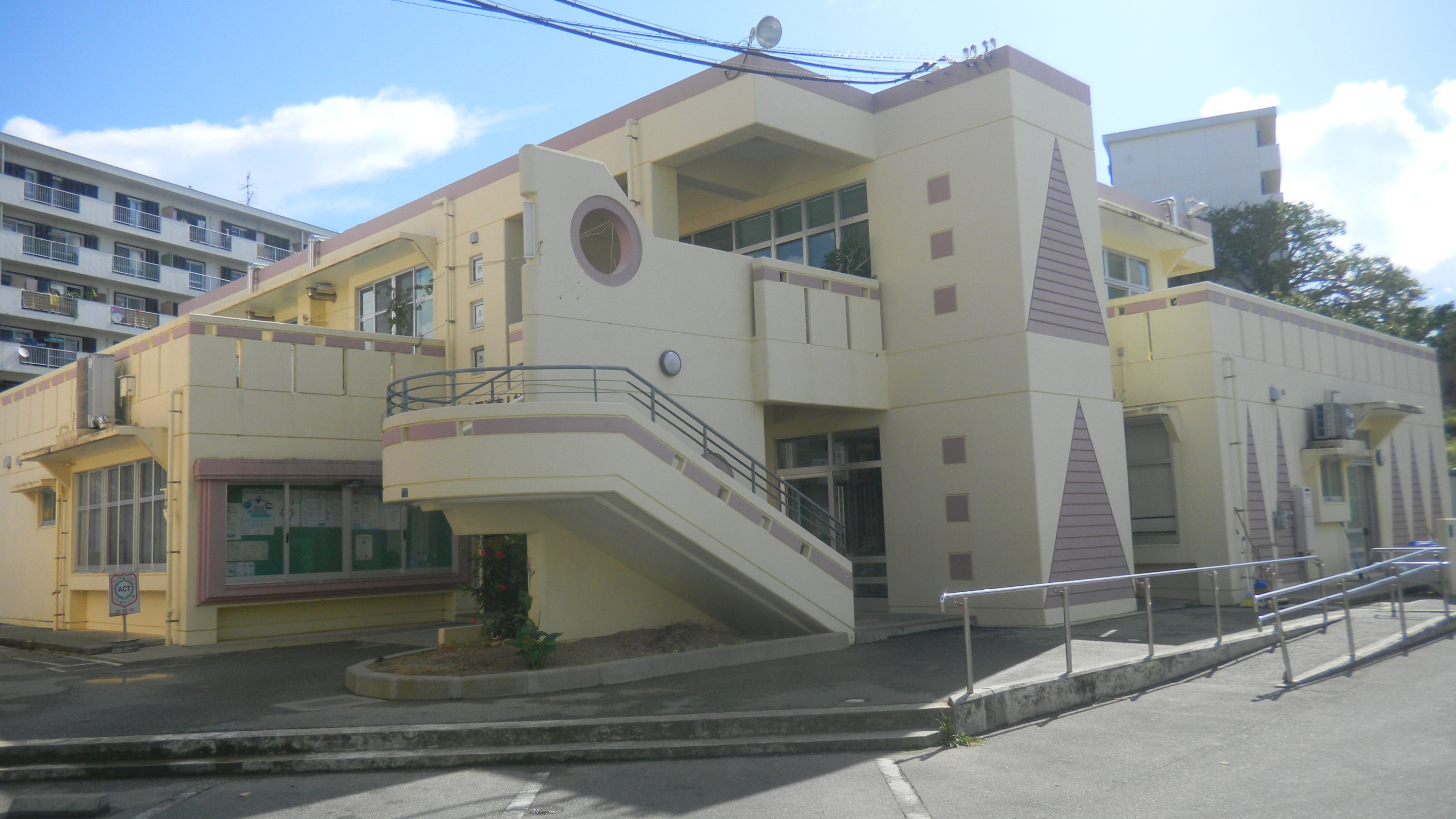Melissa Tomlinson doesn't have very happy memories of elementary school. As an 8-year-old, she "never had a chance to eat lunch normally — the other kids put something in it, or they mixed the milk and soup and orange together and told me to eat it."
Like the three or four other mixed-race children in her class, Tomlinson was bullied on a daily basis. Now a 26-year-old high school English teacher, she still recalls how "they told me to go home to America, and they talked bad about my mom."
Her teachers did little to stop the abuse — indeed, some, wittingly or not, even contributed to it. Every summer, on the anniversary of the end of the Battle of Okinawa — the three-month assault in which around 100,000 Okinawan civilians perished — Tomlinson would become the focus of the class. "The teacher always said, 'Melissa, can you stand up? So, you are half-American, what do you think about this?' For me, I was like, 'I grew up here, I don't know about American things.' " Tomlinson had no memory of her father, a U.S. serviceman who'd split from her mother when she was still a baby.


















With your current subscription plan you can comment on stories. However, before writing your first comment, please create a display name in the Profile section of your subscriber account page.